Kenya’s marginalised communities, including refugees in Turkana and Garissa, are set to benefit from a $20 million (approximately Sh2.58 billion) Risk Sharing Facility (RSF) launched by Equity Bank Kenya in collaboration with the International Finance Corporation (IFC).
The initiative, launched in Kakuma, Turkana County, seeks to bridge financial gaps for small businesses in 14 marginalised counties, including Garissa and Turkana, home to the country’s largest refugee settlements.
The RSF marks a significant milestone as the world’s first risk-sharing facility dedicated to financial inclusion for displaced populations and their host communities.
Unlike conventional credit models that demand collateral, the initiative prioritises an applicant’s character and ability to repay, offering a pathway for many to access financing for the first time.
Equity Bank Kenya Managing Director Moses Nyabanda, speaking on behalf of Equity Group Managing Director and CEO Dr. James Mwangi, underscored the program’s mission.
Read More
“This partnership with IFC embodies Equity's commitment to driving financial inclusion and economic empowerment across the African continent," Nyabanda remarked.
"The Risk Sharing Facility (RSF) program is a crucial component of our Africa Recovery and Resilience Plan (ARRP), as it directly addresses the financial needs of vulnerable populations and fosters entrepreneurship, ultimately creating jobs and building more resilient communities."
Nyabanda also said that by expanding access to credit and other financial services, Equity is investing in the future of refugees and host communities unlocking opportunities to transform their lives, give dignity and expand opportunities for wealth creation.
The financing facility will be delivered through Equity Bank’s network of 28 branches in the target counties, providing capital to micro, small, and medium enterprises (MSMEs) that have struggled to access formal financial services.
Studies indicate that up to 83 per cent of MSMEs in Kenya face difficulties in securing loans, limiting their potential to drive economic growth and job creation.
IFC’s Regional Director for Eastern Africa, Mary Peschka, reaffirmed the corporation’s commitment to fostering financial opportunities in vulnerable regions.
“This groundbreaking initiative speaks directly to IFC’s mission to support private sector development and opportunity in challenging environments, including refugee-hosting areas," Peschka noted.
"This facility is helping to unlock the entrepreneurial potential of refugees and their host communities, creating jobs, providing services, and driving development in the region."
Beyond financing, the initiative will incorporate training in financial literacy and agribusiness capacity building, delivered through the Equity Group Foundation, to ensure recipients are equipped with the skills to manage and scale their businesses.
Turkana County Governor Jeremiah Lomorukai welcomed the move, emphasising the power of partnerships in addressing economic exclusion.
“The success of initiatives like the RSF reminds me that true impact is only possible through collaboration," the governor stated.
According to Lomorukai, no single entity can drive the level of change needed to transform livelihoods.
"The success of initiatives like the RSF reminds me that true impact is only possible through collaboration. No single entity can drive the level of change needed to transform livelihoods," Lomoruokai stated.
"It is through partnerships that we can develop sustainable solutions to the challenges we face."
He further praised the IFC’s role in promoting financial inclusion, adding that its involvement reaffirmed a commitment to innovative solutions for vulnerable populations.
"The RSF exemplifies this spirit of collaboration. By assuming 50 per cent of the risk exposure, the IFC has reaffirmed its commitment to innovative financial solutions that prioritize the most vulnerable. This shared-risk approach empowers Equity Bank and other financial institutions to extend credit to businesses that might otherwise be excluded from the financial system," he added.
With the RSF aligning with Equity Bank’s broader Africa Recovery and Resilience Plan, which aims to create 5 million businesses and 25 million jobs by 2030, the initiative is poised to unlock new economic opportunities for refugees and their host communities, setting a precedent for financial inclusion in similar regions globally.

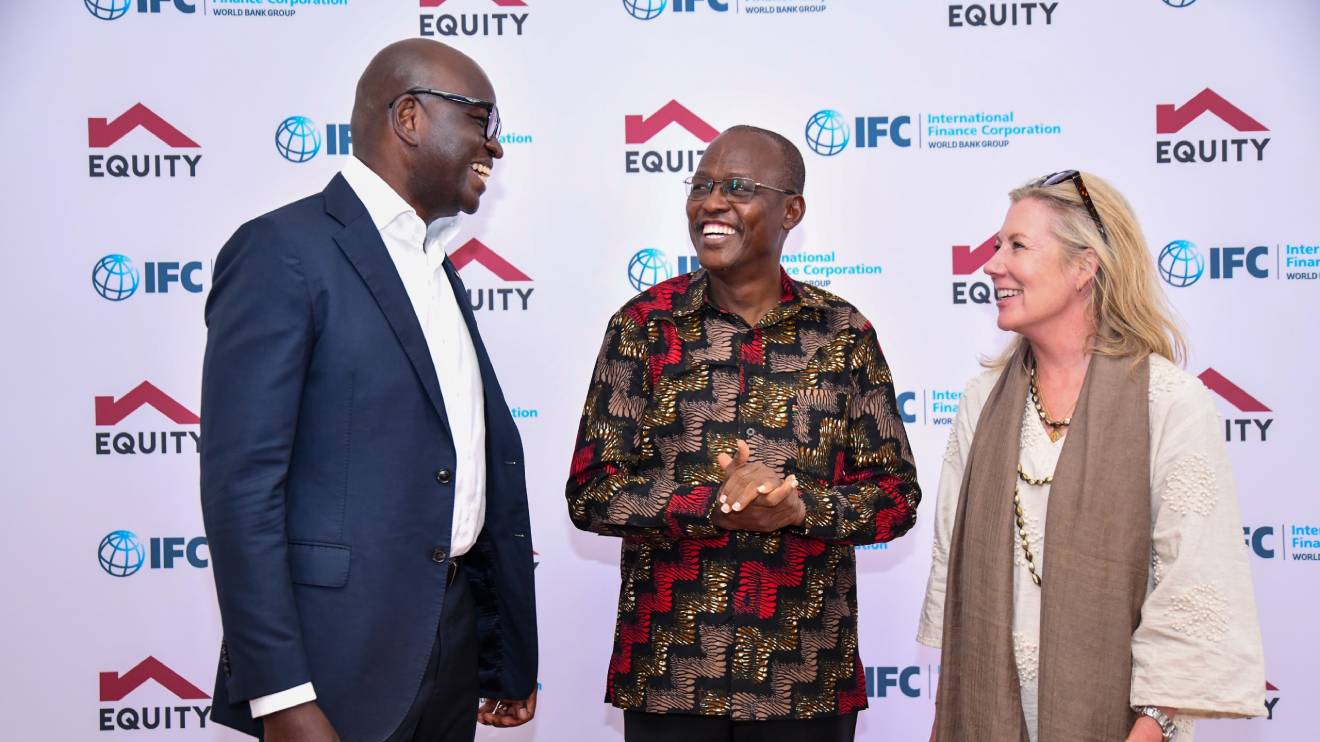
-1755100273.jpeg)
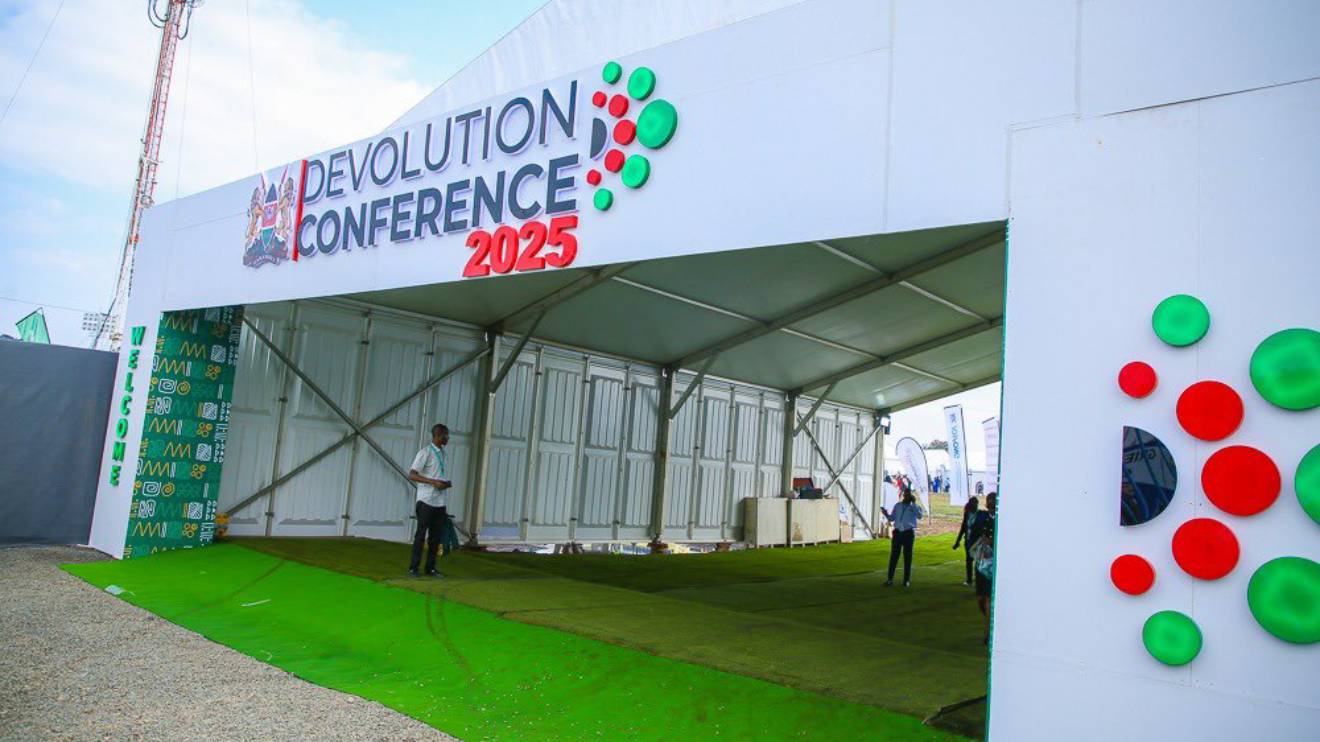
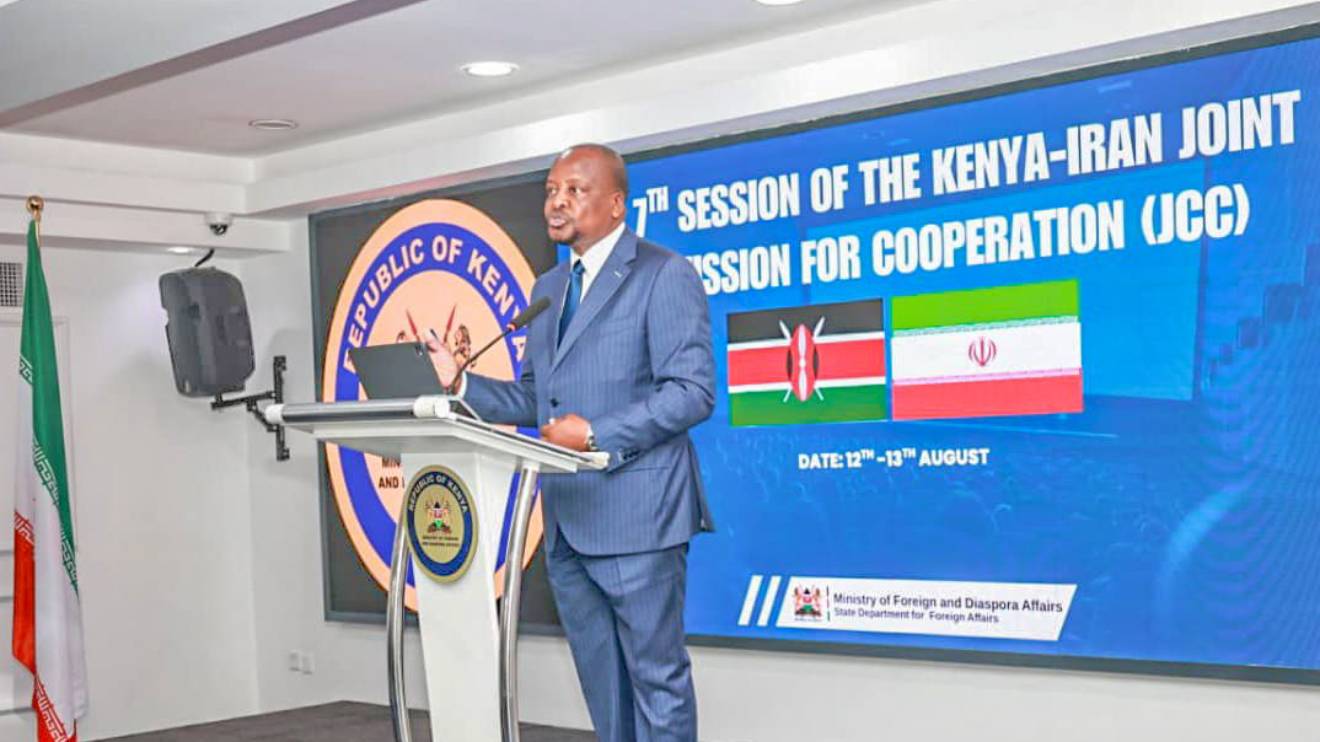
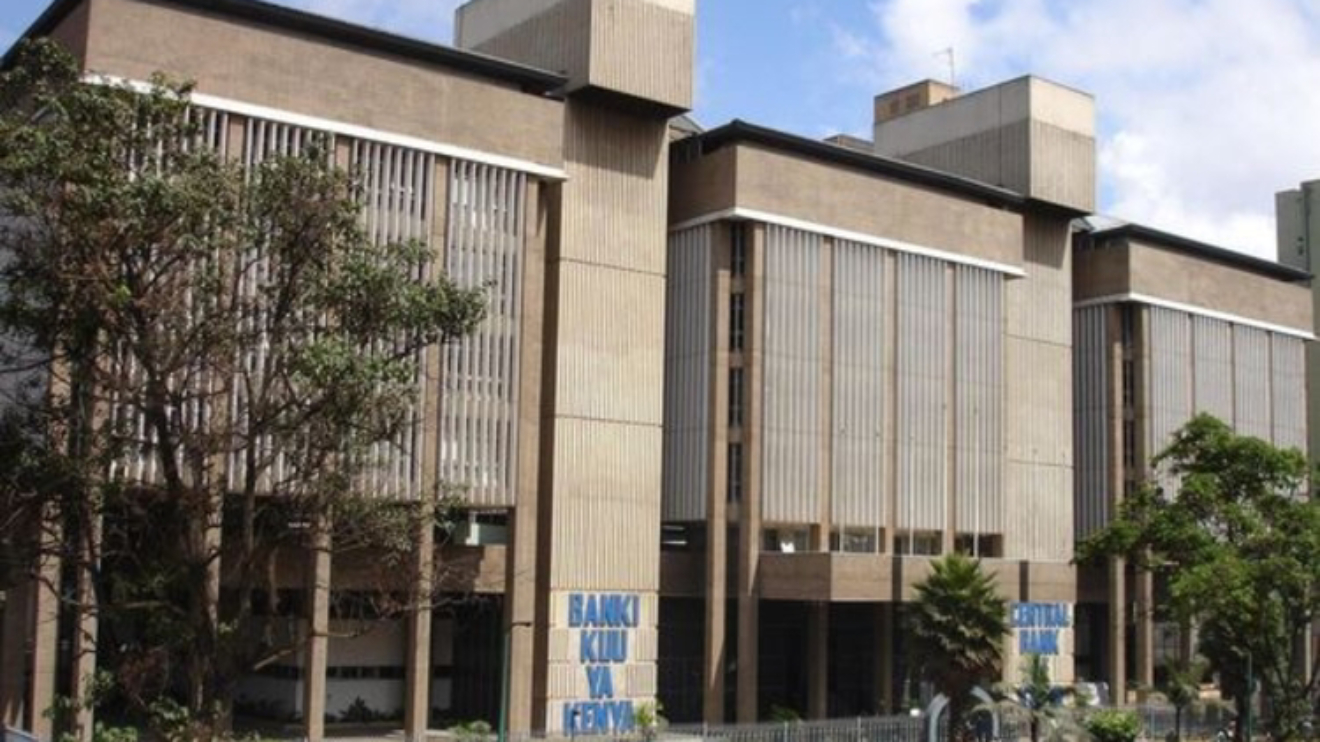
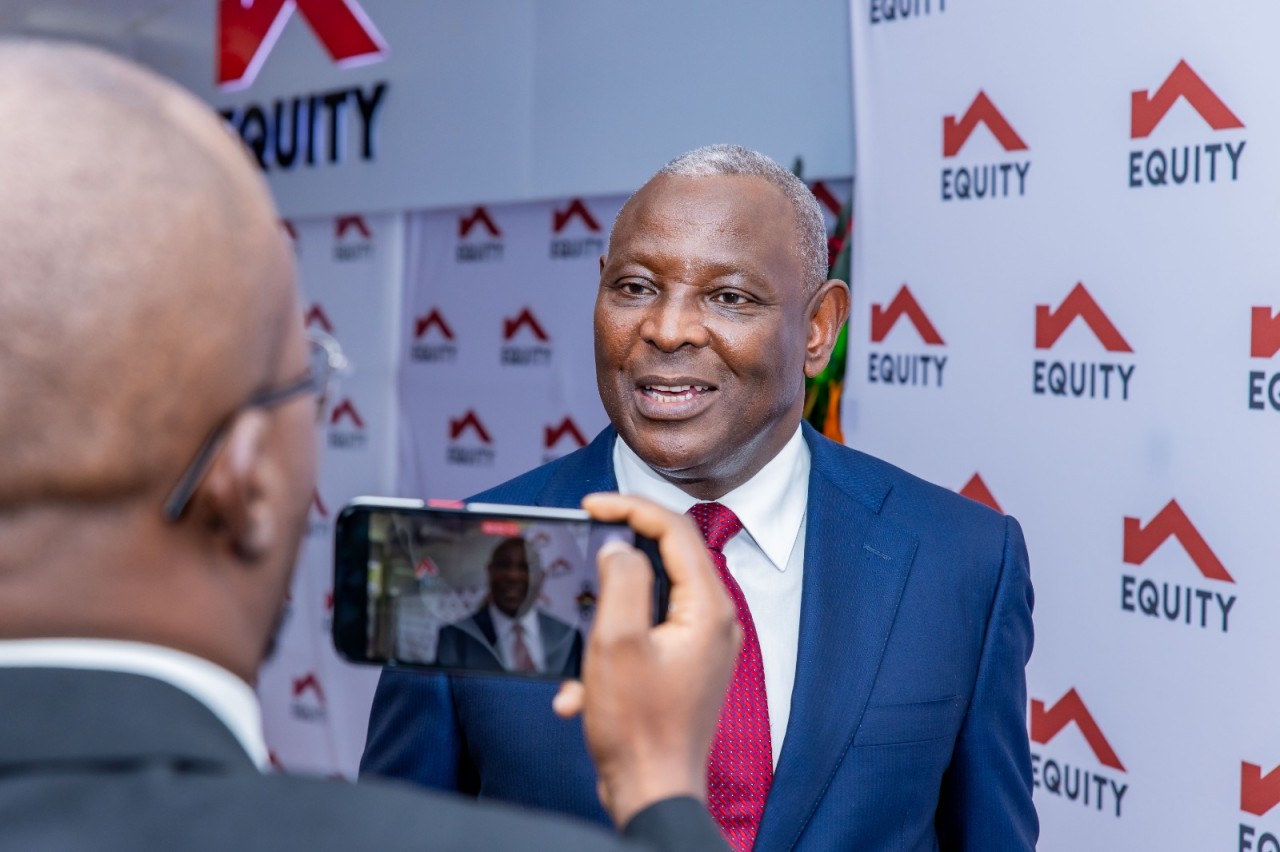
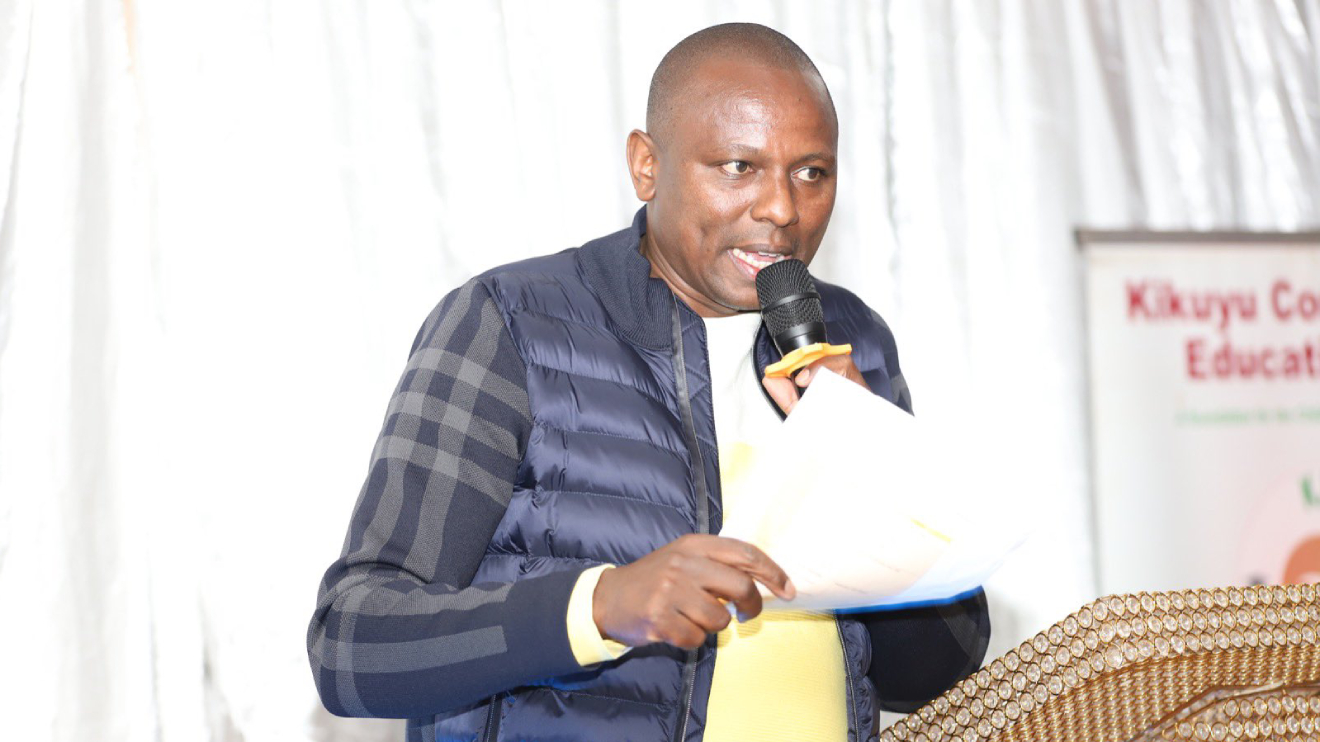
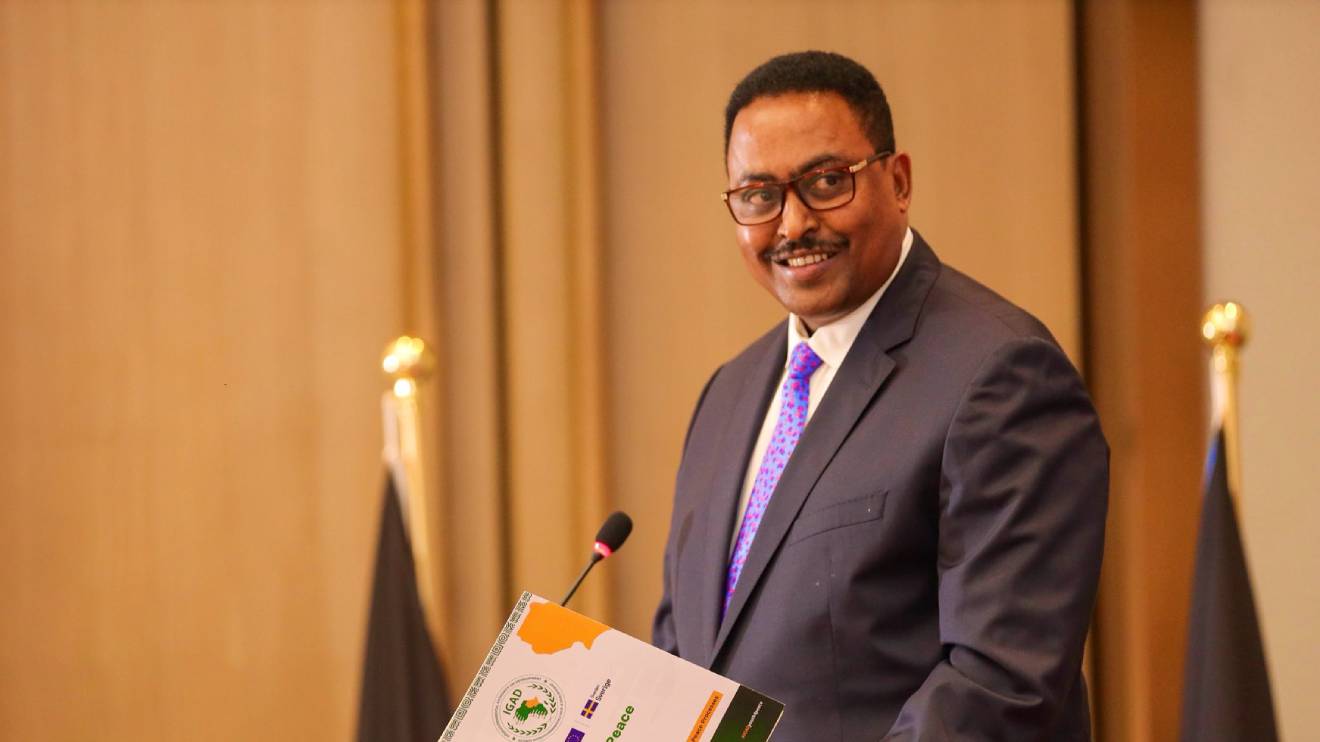
-1755081359.jpeg)